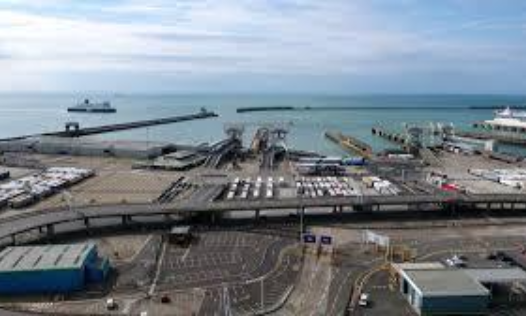Payment is being processed. Please do not refresh or close this page until your payment is complete.
 Book an Appointment
Book an Appointment

The government of the United Kingdom has announced that it will provide a total of £10.5 million to prepare for the upcoming EU digital border system – the Entry/Exit System (EES).
Through a statement, the UK’s government has announced that money will support the Port of Dover, Eurotunnel at Folkestone as well as Eurostar at St Pancras to help avoid long queues for travellers, Schengen.News reports.
The European Union will introduce the new digital border, EES, starting in autumn, meaning that passengers from the UK and other countries from outside the EU will have to register at the border and airports by having their fingerprints and photographs taken.
Authorities in the UK have announced that each port will receive £3.5 million in financial support.
In this regard, the Future of Roads Minister, Lilian Greenwood, said that nobody wants to see long queues at the UK’s ports, stressing that this is the reason that the government is providing this funding in order to ensure that the UK’s borders are as prepared as possible for the changes that will soon take place.
Minister for Migration and Citizenship, Seema Malhotra, said that the UK is working hard with the European Commission and member states and ports in order to minimise any disruptions for Britons planning to travel to Europe.
Welcoming the new decision of the UK’s government, Emma Ward, Chief Operations Officer, Port of Dover, said that the funding is a step towards the significant investments that are being made to support the government’s plans to prepare for the introduction of the EU’s EES scheme.
Britons planning to travel to the EU countries once the EES takes effect will be subject to significant delays, chaos and confusion.
These warnings have recently been made by the specialist travel association Aito.
The association has said that in addition to long queues, chaos and confusion will most likely be very high. In a bid to avoid delays, Aito has urged for the “contingency plans” to be introduced.
Source : https://schengen.news/uk-to-allocate-10-5-million-for-the-upcoming-eu-digital-border-system/